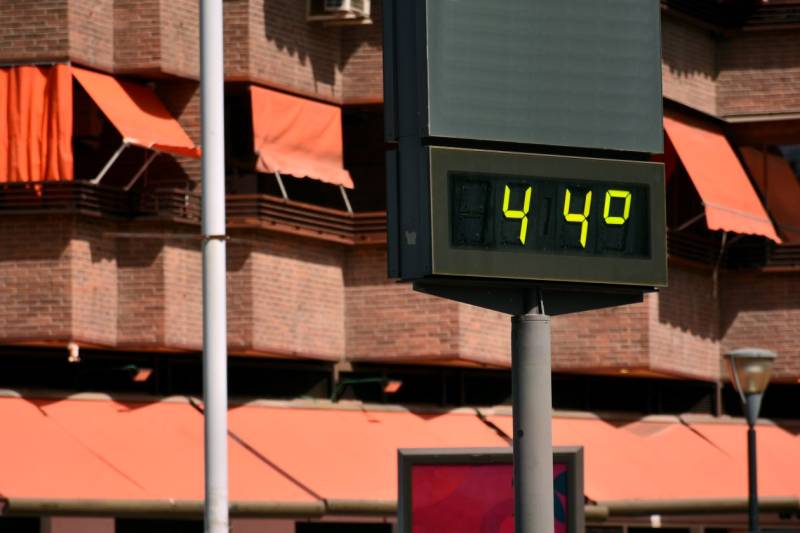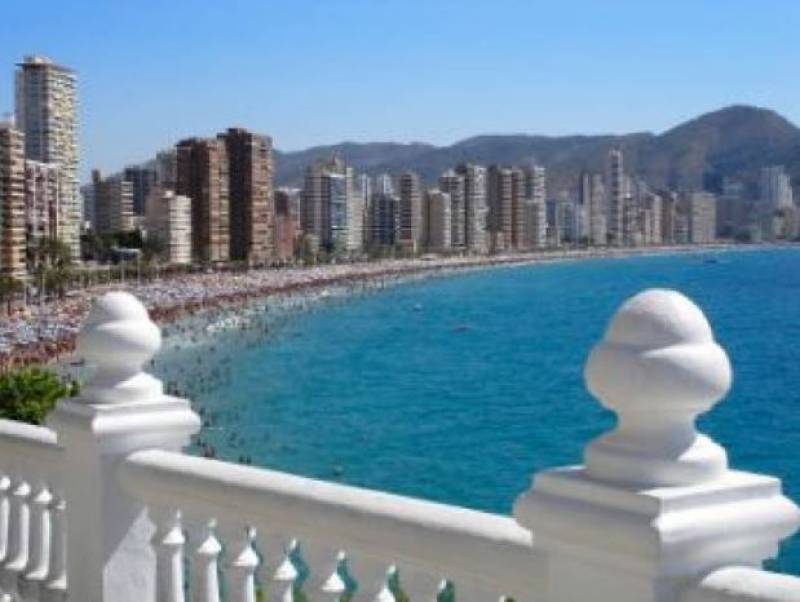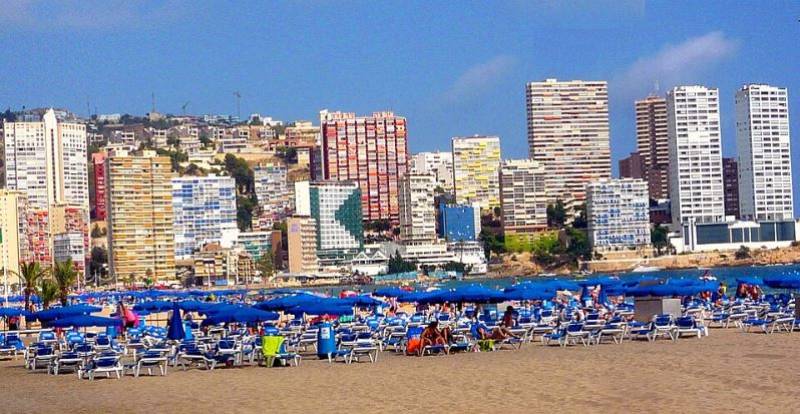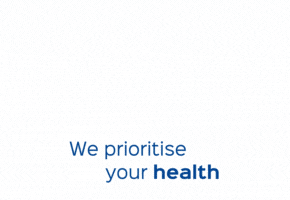- Region
- Vega baja
- Marina Alta
- Marina Baixa
- Alicante
- Baix Vinalopo
- Alto & Mitja Vinalopo
-
ALL TOWNS
- ALICANTE TOWNS
- Albatera
- Alfaz Del Pi
- Alicante City
- Alcoy
- Almoradi
- Benitatxell
- Bigastro
- Benferri
- Benidorm
- Calosa de Segura
- Calpe
- Catral
- Costa Blanca
- Cox
- Daya Vieja
- Denia
- Elche
- Elda
- Granja de Rocamora
- Guardamar del Segura
- Jacarilla
- Los Montesinos
- Orihuela
- Pedreguer
- Pilar de Horadada
- Playa Flamenca
- Quesada
- Rafal
- Redovan
- Rojales
- San Isidro
- Torrevieja
- Comunidad Valenciana
Date Published: 05/05/2025
Spain is one of just 5 countries in Europe to still allow forced feeding of animals
Geese and ducks are still forcibly fattened in Spain to produce the luxury delicacy foie gras
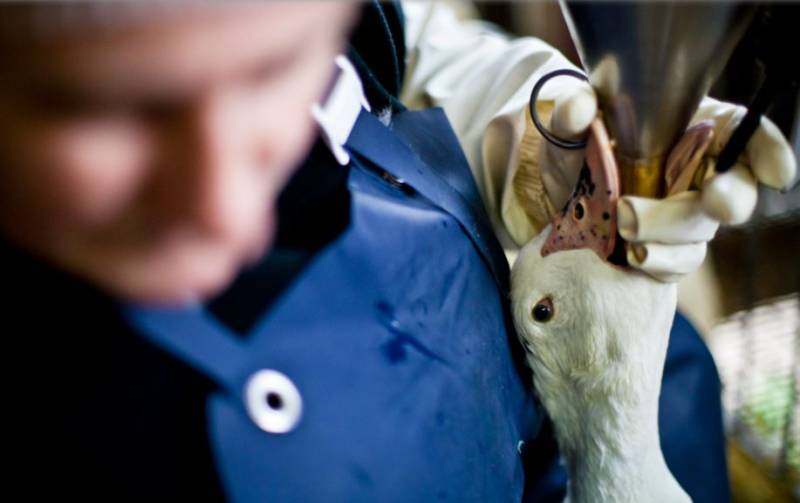
With the introduction of its radical Animal Welfare Law in 2023, Spain became one of the most progressive countries in the world for championing the rights of domestic pets. It’s therefore more than a little jarring that the nation is one of only five in Europe that still allows the barbaric practice of force-feeding farm animals.
Foie gras, which in French literally means ‘fatty liver’, is one of the most sought-after delicacies in haute cuisine, but its production requires one of the cruellest treatments of livestock. So frowned upon is the technique that it’s been banned in 14 countries, but sadly Spain isn’t one of them. In fact, alongside France, Bulgaria, Belgium and Hungary, Spanish farmers still actively produce liver pâté in this controversial way.
Among the countries that have expressly prohibited the force-feeding of ducks and geese are eight EU nations: Austria, Germany, Denmark, Finland, Italy, Luxembourg, Poland and the Czech Republic. The ban is also in place in Argentina, Israel, Turkey, Norway, Switzerland, and the United Kingdom.
To produce foie gras, animals are ‘gavage-fed’. This means that food is poured through a long, metal tube that runs down their throats, in order to fatten their livers.
According to Carmen Méndez, president of the Animal Rights Defence Association (ADDA), this vital organ eventually turns yellow because "it's a diseased liver."
While animal rights activists are busy trying to get this cruel practice outlawed, the Animal Equality Foundation is going after producers, demanding that the means by which foie gras is obtained be clearly explained to consumers so that they can make an informed decision about whether or not to buy it.
For this reason, the organisation recently filed a complaint with the Ministry of Consumer Affairs against the employers' association for misleading advertising.
Animal Equality states that "the presentation of foie gras is not clear regarding its origin and method of obtaining or producing it," which is misleading and contravenes the laws governing the labelling, presentation and advertising of food products.
As Javier Moreno, a representative of Igualdad Animal, explains, foie gras is very different from the ordinary pâté available in every supermarket in Spain. For it to be considered foie gras, he clarified, the liver must come from “geese or ducks of the species Cairina muschata or Cairina muschata x Anas platyrhynchos that have been fattened in such a way that it produces adipose cell hypertrophy of the liver."
The same regulation establishes that duck livers "shall have a minimum net weight of 300 grams," while goose livers must be at least 400 grams. Animal rights activists explain that the only way to achieve these figures is through force-feeding. For this reason, Animal Equality is also lobbying in Europe to eliminate these criteria.
In fact, the organisation has been fighting for years to limit and ultimately end force-feeding related to foie gras production in Spain. Last October, it submitted more than 100,000 citizen signatures to the Congress of Deputies demanding a ban on this practice in the country.
Unfortunately, the government has responded that, for the moment at least, no "additional legislative measures" will be taken. However, on March 21, a non-legislative motion calling on Congress to urge the government to prohibit force-feeding in the production of foie gras was filed, which is a step in the right direction.
In a context where its ban in the country seems remote, Animal Equality hopes that transparency regarding the cruel methods required to obtain foie gras will raise public awareness to stop consuming it and contribute, even if only gradually, to ending its production.
Image: Animal Equality
staff.inc.ali
Loading
See more news about animals in Spain:
OR
Sign up for the Spanish News Today Editors Roundup Weekly Bulletin to get a comprehensive email with all the week’s news for Spain, Murcia, Alicante and Andalucía.
Get a sneak peek – here are a few of our recent Subscription Bulletins:
Discount Special Offer subscription:
36.95€ for 48 Editor’s Weekly News Roundup bulletins!
Please CLICK THE BUTTON to subscribe.
Contact Murcia Today: Editorial 000 000 000 /
Office 000 000 000













